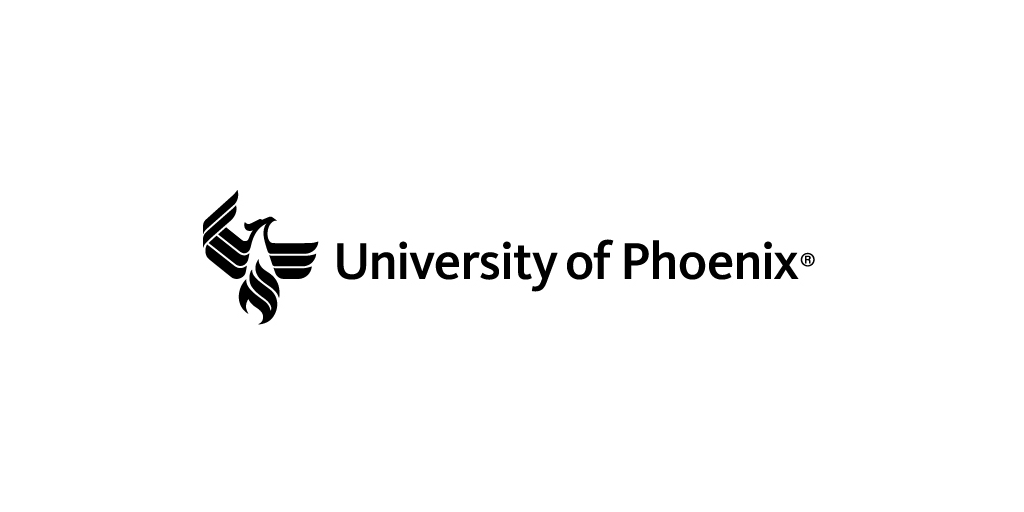University of Phoenix College of Doctoral Studies Releases White Paper on How Organizations Can Improve Workplace Wellness Through Use of a Strategic Framework

Dr. Marlene Blake and Christine Marquis develop framework focusing on addressing workplace disparities through authentic and empowering workplace practices
PHOENIX–(BUSINESS WIRE)–University of Phoenix College of Doctoral Studies has released a new white paper, “Recommendations to Support Workplace Wellness Using the EMPower CARE Scorecard” authored by Marlene N. Blake, Ph.D., fellow, Center for Workplace Diversity and Inclusion Research (CWDIR) and doctoral area chair, and Christine Marquis, MBA, fellow, CWDIR and doctoral student in the College. The white paper explores findings from the 2023 Career Optimism Index® to focus on workplace wellness and the development of a scorecard concept as a framework for addressing disparities and cultivating a positive work environment.
According to the 2023 Index, 27% of American workers reported feeling disempowered in their current roles, but 80% of workers remained hopeful about their future career trajectories.
“With workers expressing career optimism concurrently with workplace dissatisfaction, there is a challenge and an opportunity for organizations to address this dissatisfaction while leveraging employees’ optimism,” states Blake. “A strategic framework to assess and enhance programs designed to increase employee wellness can help organizations promote holistic development and well-being by incorporating a more intentional process aligned with identifiable matrices.”
The white paper proposes such a framework focusing on authentic and empowering workplace practices, which the authors have named EMPower CARE Scorecard, with CARE as an acronym for the components: Compassionate, Authentic, Resourceful, Empowering. The scorecard was developed by the authors based on research focused practices, supporting strategies, and is a combined approach to identify evidence of 11 critical elements with three guidelines in each area.
“If organizations take a dynamic approach reassessing their use and success with this approach, this measurement tool can serve as a pathway toward a more empowered, healthy, and optimistic workplace culture,” states Marquis.
Blake brings a 20-year career in online higher education focused on faculty training, development, mentoring, and holistic support to her Fellow position in CWDIR. ACCESS (Advancing Community, Critical thought, Engagement, Scholarship Success) is an introductory course sequence for the College’s doctoral students. As an ACCESS Doctoral Area Chair in the College, Blake’s activities and research as a Fellow resulted in five conference presentations in 2023, as well as enhancing planned student support sessions and this white paper. Her educational background includes a bachelor’s in psychology from Arizona State University, a master’s in education focusing on Adult Distance Education as well as Curriculum and Instruction, and a doctorate in Higher Education Administration, both earned from University of Phoenix.
Marquis is a doctoral student at University of Phoenix, pursuing a Doctorate in Management focusing on Organizational Leadership, and a fellow in CWDIR, dedicated to exploring the dynamic interplay between workplace diversity and the growing influence of AI and technology, especially how these advancements shape Diversity, Equity, Inclusion, and Belonging (DEIB) in modern organizational contexts. Her career began in St. Lucia as a print and electronic media journalist, extending over two decades through diverse roles in business development and marketing. Currently, as a Senior Analyst with the Hospitality Advisory Team at HKS Inc., she leverages her research skills to implement data-driven strategies and industry-specific insights, fostering innovative solutions aligned with clients’ strategic objectives. Marquis holds a Master of Business Administration from University of Phoenix and a Bachelor of Arts in Marketing from the University of Surrey.
The full whitepaper is available at the University of Phoenix Career Institute® webpage or as a direct link here.
About University of Phoenix
University of Phoenix innovates to help working adults enhance their careers and develop skills in a rapidly changing world. Flexible schedules, relevant courses, interactive learning, skills-mapped curriculum for our bachelor’s and master’s degree programs and a Career Services for Life® commitment help students more effectively pursue career and personal aspirations while balancing their busy lives. For more information, visit phoenix.edu.
About the College of Doctoral Studies
University of Phoenix’s College of Doctoral Studies focuses on today’s challenging business and organizational needs, from addressing critical social issues to developing solutions to accelerate community building and industry growth. The College’s research program puts students in the center of an effective ecosystem of experts, resources and tools to help prepare them to be a leader in their organization, industry and community. Through this program, students and researchers work with organizations to conduct research that can be applied in the workplace in real time.
About the Career Optimism Index®
The Career Optimism Index® study is one of the most comprehensive studies of Americans’ personal career perceptions to date. The University of Phoenix Career Institute® conducts this research annually to provide insights on current workforce trends and to help identify solutions to support and advance American careers and create equity in the workplace. For the third annual study, fielded between December 9, 2022 – January 13, 2023, more than 5,000 U.S. adults were surveyed on how they feel about their careers at this moment in time, including their concerns, their challenges, and the degree to which they are optimistic about core aspects of their careers. The study was conducted among a diverse, nationally representative, sample of U.S. adults among a robust sample to allow for gender, generational, racial, and socioeconomic differences and includes additional analysis of the workforce in the top twenty DMA markets across the country to uncover geographic nuances. The study also explores insights from 500 U.S. employers who are influential or play a critical role in hiring and workplace decisions within a range of departments, company sizes and industries to provide comparison between the workforce and those who hire, train, and retain them.
Contacts
Sharla Hooper
University of Phoenix
sharla.hooper@phoenix.edu
